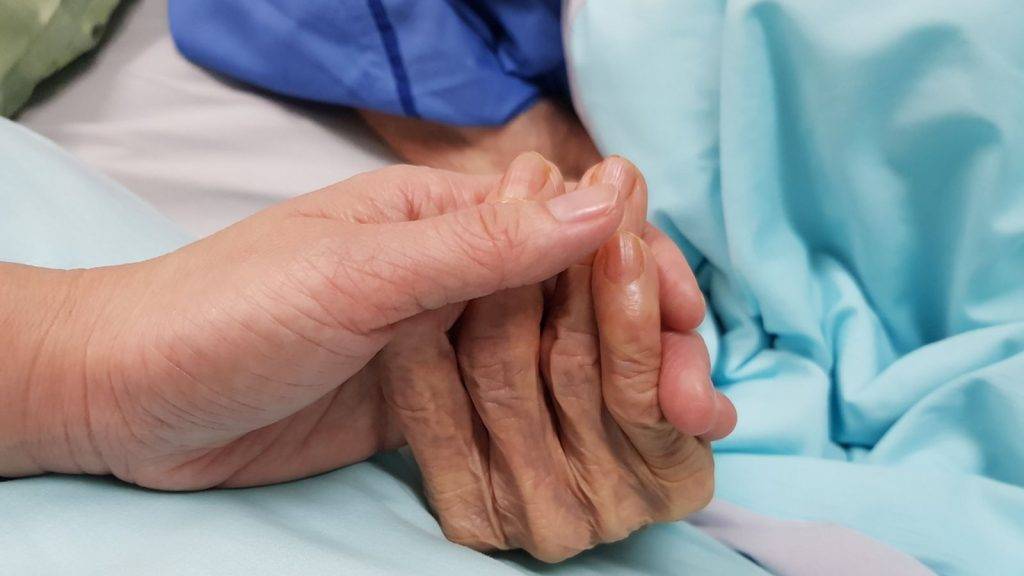Cliff Notes
-
A government report estimates that between 273 and 1,311 individuals may apply for assisted death in the first year, potentially increasing to 1,737 to 7,598 by year ten.
-
The establishment of a Voluntary Assisted Dying Commissioner and panels would incur annual costs between £10.9 million and £13.6 million, although healthcare costs at the end of life could decrease by £10 million in the first year and £60 million by year ten.
- The Terminally Ill Adults (End of Life) Bill is progressing through Parliament, with its next Commons debate scheduled for 16 May, amid ongoing controversy and opposition regarding the implications for palliative care.
Assisted Dying: Hundreds would seek to use service in first year of it being available, government report finds | UK News
.
Hundreds of people would seek an assisted death in the first year of a service being available, with that number potentially rising to just over 4,500 after 10 years, according to a government report.
A 149-page impact assessment into the Terminally Ill Adults (End of Life) Bill, measuring the financial impact of the proposed legislation, was published on Friday afternoon.
It estimated there could potentially be between 273 and 1,311 people applying for an assisted death in the first year, rising to between 1,737 and 7,598 in year 10.
And it found the establishment of a Voluntary Assisted Dying Commissioner and panels would cost an estimated average of between £10.9m to £13.6m per year.
The impact assessment found healthcare costs at the end of life could be reduced by as much as an estimated £10m in the first year of an assisted dying service and almost £60m after 10 years.
But, the document noted that cutting end-of-life care costs “is not stated as an objective of the policy”.
Kim Leadbeater MP introduced the Terminally Ill Adults (End of Life) Bill on 16 October 2024.
The bill passed its second reading in the House of Commons on 29 November 2024 with a vote of 330 to 275.
Speaking after publication of the document, she said: “I am grateful to the government for these detailed and thorough assessments of the impact of the Terminally Ill Adults (End of Life) Bill currently going through parliament.
“I’m pleased that MPs now have two full weeks to consider the assessments before the next Commons debate at Report Stage on 16 May.”
Supporters of assisted dying will be confident the impact assessment’s findings will not sway any MPs and the bill will pass in May and not be derailed ahead of the final vote expected on 13 June.
The timing of the document, which has been prepared by civil servants, has caused some anger among opponents of the bill.
Some have suggested the report was deliberately released to coincide with the results of the local elections.
‘We need better care not killing’
Responding to the publication of the impact assessments, Dr Gordon Macdonald, CEO of Care Not Killing, said: “At a time when we have seen how fragile our cash strapped health care system is, how the hospice movement has a £150m blackhole in its budget, and when up to one in four Brits who would benefit from palliative care but aren’t currently receiving it, introducing so-called assisted dying would be an incredibly dangerous policy that would put pressure on vulnerable, elderly and disabled people to end their lives prematurely.
“We need to fix the UK’s broken and patchy palliative care system so everyone can have a dignified death.
“We need better care, not killing.”
Changes to the bill since the original vote mean the High Court will no longer need to sign off on assisted dying cases.
Instead, decisions will go through a new panel of medical and legal experts.
And the rollout period for setting up assisted dying services has also been extended, doubling to a maximum of four years.
Under the proposed law, terminally ill adults in England and Wales with less than six months to live could choose to end their life legally.
The decision would need approval from two doctors and the expert panel.


